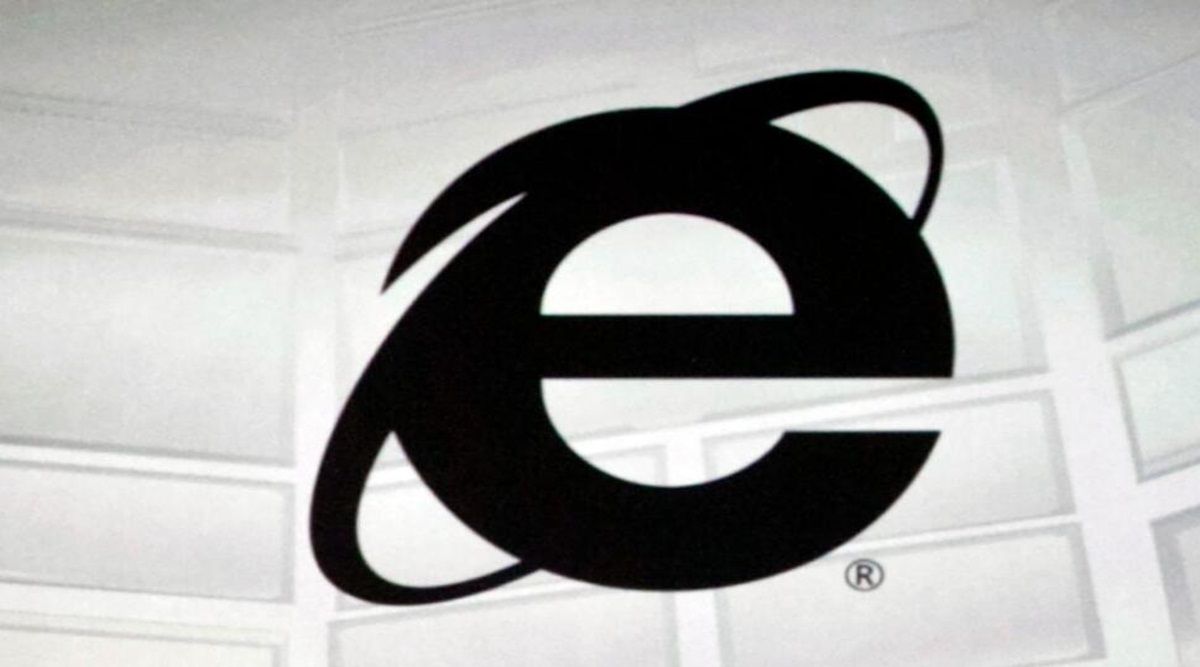Internet Explorer is about to be retired after many years of service.
Microsoft said on Wednesday that it would stop providing support for Internet Explorer, the once-dominant browser that a large number of internet users continue to say they love, despite the fact that many others profess to despise it. The programme, which is already 27 years old, has now been relegated to the scrap heap of technology history with BlackBerry phones, dial-up modems, and Palm Pilots.
The end of support for IE did not come as a shock. One year ago, Microsoft said that it will stop supporting Internet Explorer on June 15, 2022, and it has been encouraging users to switch to its Edge browser, which was released in 2015.
After that, the corporation made it very obvious that it was time to move on.
Microsoft Edge is not only a quicker, more secure, and more contemporary browsing experience than Internet Explorer, but it is also able to solve a critical concern: compatibility with older, legacy websites and apps. In other words, Microsoft Edge is backwards compatible. A blog article from May 2021 was written by Sean Lyndersay, who is the general manager of Microsoft Edge Enterprise.
On Twitter, many celebrated the demise of Internet Explorer, with some calling it a bug-riddled, insecure POS and others calling it the best browser for installing other browsers. For others, it was an opportunity for memes that harkened back to the 1990s, while The Wall Street Journal cited a 22-year-old who was disappointed to see IE depart.
1995 was the year that Microsoft published the first version of Internet Explorer. At the time, Netscape Navigator was the most frequently used web browser, hence web browsing was in its infancy at the time. The release of this product marked the beginning of the end for Navigator. Microsoft moved on to integrate Internet Explorer (IE) and its ubiquitous Windows operating system together in such a way that many consumers just used IE instead of Navigator by default.
In 1997, the United States Department of Justice filed a lawsuit against Microsoft, alleging that the company had broken a previous consent agreement by compelling computer manufacturers to utilise Microsoft’s Internet Explorer web browser in order to be allowed to use Windows. It ultimately came to an agreement in 2002 to resolve the antitrust litigation that had been raging over its exploitation of its Windows monopoly to suppress rivals. It was also involved in a dispute with European authorities, who argued that the integration of Internet Explorer into Windows gave Microsoft an unfair edge over its competitors, such as Mozilla’s Firefox, Opera, and Google’s Chrome.
Users, however, were complaining that Internet Explorer (IE) was too sluggish, prone to crashing, and hackable. Internet Explorer’s (IE) market share, which in the early 2000s was over 90 percent, started to decline as consumers identified alternatives that were more enticing to them.
According to Statcounter, a firm that specialises in internet statistics, the Chrome web browser now holds the top spot on the global market for web browsers, with around a 65 percent share of the market, followed by Apple’s Safari, which has a 19 percent stake. Edge, the successor to Internet Explorer, has just around 4 percent of users, which puts it just ahead of Firefox.
